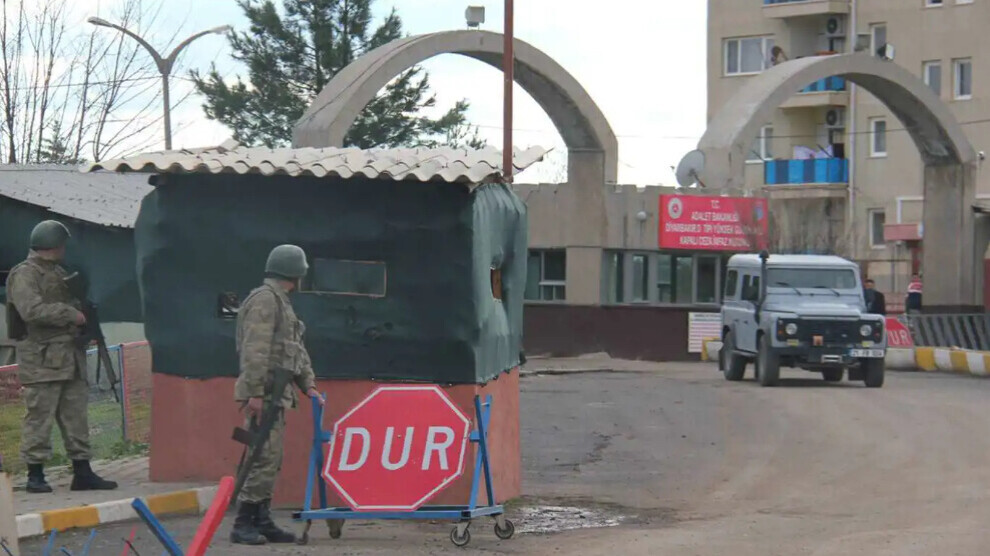Torture, strip searches and denial of care in 20 Turkish prisons
The Diyarbakir Bar Association, ÖHD, IHD, and TUAY-DER documented torture, forced strip searches, and the denial of medical care in 20 prisons.
The Diyarbakir Bar Association, ÖHD, IHD, and TUAY-DER documented torture, forced strip searches, and the denial of medical care in 20 prisons.

The Diyarbakir Bar Association, ÖHD, IHD, and TUAY-DER presented a report at a press conference in Diyarbakir (Amed), about nearly 40 prison visits conducted in January and February 2025. The report reveals numerous serious violations committed against prisoners.
The prisons covered in the report are as follows: Diyarbakir Campus Prisons (7), Elazig (Xarpêt) Campus Prisons (5), Erzincan (Erzingan) Type T Prison, Erzincan (Erzîrom) Type L Prison, Erzincan Women’s Prison, Erzincan High-Security Prison, Erzurum Dumlu No. 1 and No. 2 High-Security Prisons, Erzurum Oltu Prison, and Erzurum Type H Prison.
The right to hope
Ahmet Güler, a member of the Prison Commission of the Diyarbakir Branch of the Association of Lawyers for Freedom (ÖHD), highlighted the isolation imposed on Abdullah Öcalan before presenting the report. He called for the lifting of the Imrali isolation and the improvement of increasingly harsh prison conditions. Güler also urged authorities to consider the European Court of Human Rights’ rulings on violations and called for the recognition of the “right to hope.” He emphasized the need for legal regulation to ensure this right is upheld.
Forced nude searches and torture
The report states that prisoners were subjected to unlawful searches upon entry to and exit from the prisons, and those who refused to undergo forced nude searches were subjected to ill-treatment. It also highlights violations of the right to health, including disruptions in medical treatment, the authorities’ refusal to remove gendarmes from examination rooms during doctor visits, the use of double handcuffs, and the prolonged confinement of prisoners in transport vehicles.
One bunk for two, one meal for three
The report reveals that in some prisons, two inmates are forced to share a single bunk bed, and in three-person cells, food portions are scarcely enough for one person. It also notes serious hygiene violations, including insufficient access to water and lack of sanitary conditions. Canteen prices are frequently increased, with items sold at rates significantly higher than market prices.
Censorship of Kurdish language
The report notes that in some prisons, Kurdish books and letters have been blocked, with content-based censorship imposed and prisoners’ correspondence withheld. It further states that certain books and magazines were confiscated even though they are not officially banned.
Hygiene problems
The report highlights that women prisoners are also facing serious problems. It states that hygiene kits are not provided, only low-quality sanitary pads are distributed, and this has led to the development of health problems. It also emphasizes that prisons housing women are designed based on facilities intended for male prisoners, causing additional hardships in their daily lives.
Demands and recommendations
In the conclusion of the report, numerous demands and recommendations are listed, including an end to torture and ill-treatment, the release of seriously ill prisoners, the abolition of degrading search practices, ensured access to basic necessities, an increase in medical personnel, and the establishment of independent monitoring mechanisms.
The report also calls for effective investigation mechanisms to be implemented regarding unlawful practices carried out by public officials working in prisons.